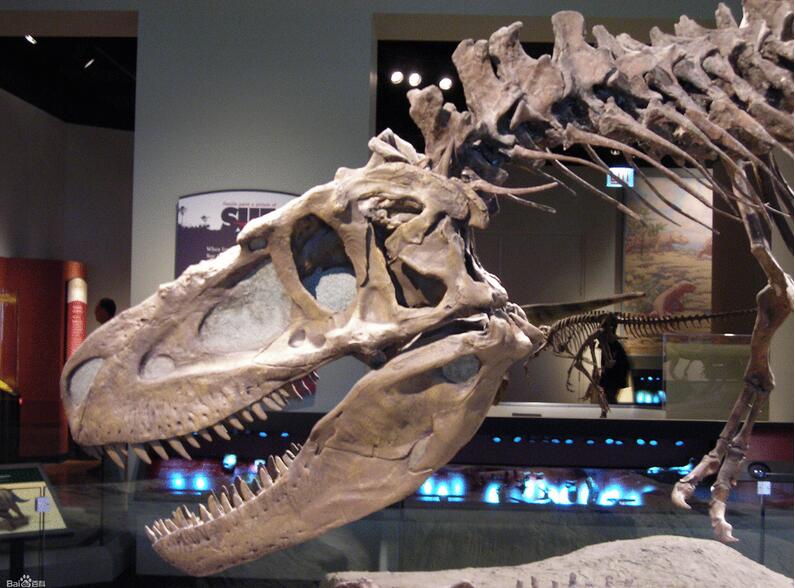So by the early years of the nineteenth century, fossils had taken on a certain inescapable importance, which makes Wistar's failure to see the significance of his dinosaur bone all the more unfortunate. Suddenly, in any case, bones were turning up all over. Several other opportunities arose for Americans to claim the discovery of dinosaurs but all were wasted.
因此,到19世纪初,化石势必具有了某种重要性。威斯塔就显得更不幸了,竟然没有看到恐龙骨的意义。无论如何,这类骨头在世界各地相继发现。又有了几个机会让美国人来宣布发现了恐龙,但这些机会都没有抓住。
In 1806 the Lewis and Clark expedition passed through the Hell Creek formation in Montana, an area where fossil hunters would later literally trip over dinosaur bones, and even examined what was clearly a dinosaur bone embedded in rock, but failed to make anything of it.
1806年,刘易斯和克拉克的考察队穿越蒙大拿的黑尔沟岩组。在这个地方,实际上他们脚底下恐龙骨比比皆是,他们还发现一样东西嵌在岩石里,显然是恐龙骨,但没有把它当一回事。

Other bones and fossilized footprints were found in the Connecticut River Valley of New England after a farm boy named Plinus Moody spied ancient tracks on a rock ledge at South Hadley, Massachusetts. Some of these at least survive—notably the bones of an Anchisaurus, which are in the collection of the Peabody Museum at Yale.
在新英格兰,有个名叫普利纳斯·穆迪的男孩子在马萨诸塞州南哈德利的一处岩架上发现了古老的足迹;之后,又有人在康涅狄格河谷发现了骨头和足迹的化石。至少其中有一些留存至今——令人注目的是一头安琪龙的骨头——现在由耶鲁大学的皮博迪博物馆收藏。
Found in 1818, they were the first dinosaur bones to be examined and saved, but unfortunately weren't recognized for what they were until 1855. In that same year, 1818, Caspar Wistar died, but he did gain a certain unexpected immortality when a botanist named Thomas Nuttall named a delightful climbing shrub after him. Some botanical purists still insist on spelling it wistaria.
这批恐龙骨发现于1818年,是第一批经过检验和保存下来的恐龙骨,不幸的是,1855年之前无人识货。那一年,卡斯珀·威斯塔去世。不过,威斯塔没有想到的是,植物学家托马斯·纳特尔以他的名字命名了一种可爱的攀附灌木,这倒使威斯塔在一定意义上获得了永生。植物界有的纯粹主义者迄今仍然坚持把这类植物的名字写作“威斯塔里亚”。












